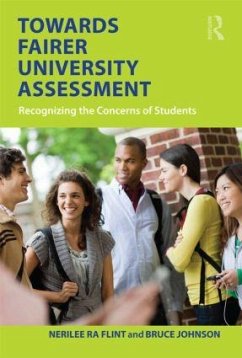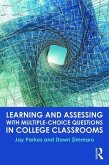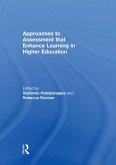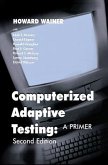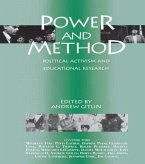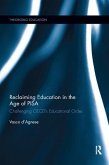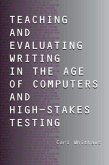After all the hours of studying, reading and preparation, the nights spent revising and the writing and re-writing of assignments, 'success' for university students can often be represented with a single grade or digit, summing up a wide range of activities. The authors of this timely book ask how fair that assessment is. This book is about a long-ignored determinant of student satisfaction, concerning the perception of how fairly students are judged, marked, ranked and rewarded for demonstrating their capabilities at university. In the high stakes competitive field of higher education, students are increasingly positioned as customers whose views on their university experience are considered vitally important. Yet paradoxically, little research has been undertaken to find out more about how students decide whether they have been treated fairly and what they do about it. This book fills a major gap in our understanding of these issues, responding to four key questions: Why is the assessment of students' capabilities the core business of universities? What are the main sources of student frustration with assessment arrangements? What do students do when they think they have been treated unfairly? What can be done to promote fair assessment at university? In doing so, this book goes beyond the superficial consideration of university assessment as a 'necessary requirement' by unravelling the underlying issues that really count - what is considered fair assessment and what is not. Towards Fairer University Assessment will be of interest to higher education academics, administrators and managers, researchers in the areas of education policy and politics, as well as advanced undergraduate and postgraduate students.
Hinweis: Dieser Artikel kann nur an eine deutsche Lieferadresse ausgeliefert werden.
Hinweis: Dieser Artikel kann nur an eine deutsche Lieferadresse ausgeliefert werden.

